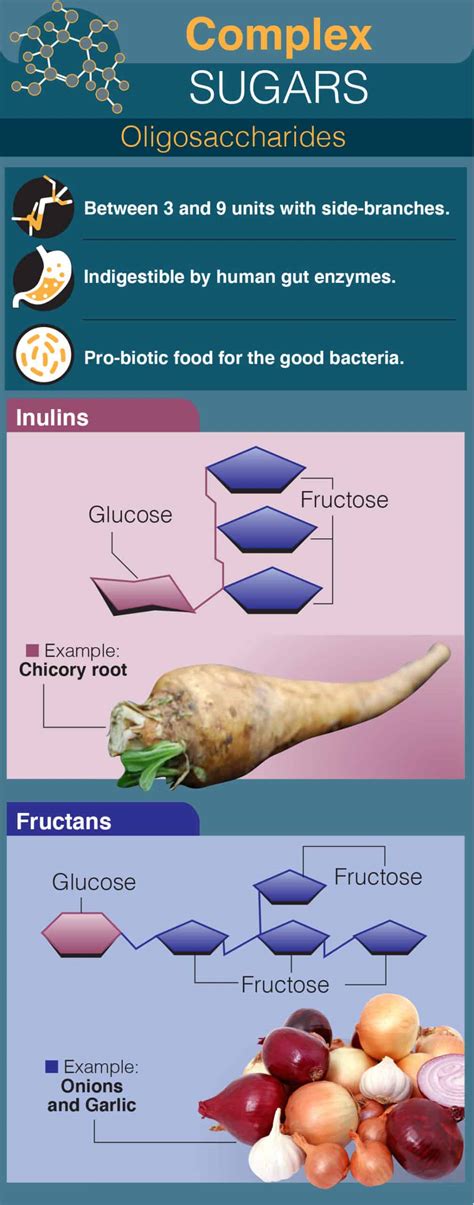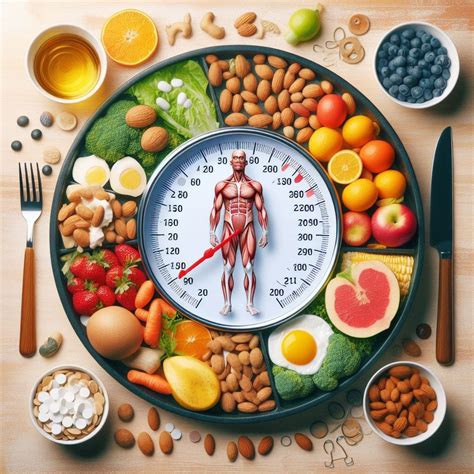Belly fat & low T: What specific diet cuts optimize male hormones & performance?

The Vicious Cycle: Belly Fat, Low T, and Male Performance
For many men, the unwelcome accumulation of belly fat isn’t just an aesthetic concern; it’s intricately linked to a decline in vital male hormones, most notably testosterone (Low T). This creates a detrimental cycle: increased abdominal fat tissue, particularly visceral fat, acts as an endocrine organ, converting testosterone into estrogen via the enzyme aromatase. Higher estrogen levels can then signal the brain to produce less testosterone, further exacerbating the problem. The downstream effects are profound, impacting energy levels, libido, mood, muscle mass, and overall physical and mental performance.

Dietary Culprits Worsening Hormonal Imbalance
While genetics and lifestyle factors play a role, specific dietary choices often act as primary drivers for both belly fat accumulation and diminished testosterone production. Understanding these culprits is the first step towards reclaiming hormonal health.
1. Refined Sugars and Simple Carbohydrates
A diet high in refined sugars (like those found in sodas, candies, pastries) and simple carbohydrates (white bread, pasta, rice) leads to frequent spikes in blood sugar and insulin levels. Chronic high insulin can increase fat storage, particularly around the abdomen, and has been shown to reduce Sex Hormone Binding Globulin (SHBG). While this might sound good as SHBG binds to testosterone, high insulin often leads to more free testosterone being converted to estrogen, rather than becoming bioactive. It also contributes to systemic inflammation, which is detrimental to hormone production.
2. Unhealthy Fats: Trans Fats and Excessive Saturated Fats
Trans fats, found in many processed and fried foods, are notorious for increasing inflammation and negatively impacting cardiovascular health, both of which indirectly impair hormone function. While some saturated fat is necessary for hormone production, excessive intake, especially from poor-quality sources, can contribute to insulin resistance and increase inflammatory markers, further stressing the endocrine system.

Strategic Cuts for Hormonal Optimization
To break the belly fat/Low T cycle, targeted dietary cuts are essential. These adjustments aim to reduce inflammation, improve insulin sensitivity, and directly support testosterone production.
1. Eliminate Refined Sugars and Processed Grains
This is arguably the most impactful cut. Drastically reduce or eliminate sugary drinks, desserts, white bread, pasta, and cereals. Replace these with complex carbohydrates like whole grains (quinoa, brown rice, oats), legumes, and an abundance of non-starchy vegetables. This stabilizes blood sugar, improves insulin sensitivity, and reduces the inflammatory load on your body.
2. Reduce Unhealthy Fats and Prioritize Healthy Ones
Cut out trans fats completely and limit saturated fats from ultra-processed meats. Instead, focus on increasing healthy monounsaturated and polyunsaturated fats. Incorporate sources like avocados, nuts, seeds, olive oil, and fatty fish (salmon, mackerel) rich in Omega-3s. These fats are crucial building blocks for hormone production and help reduce systemic inflammation.

3. Moderate Alcohol Consumption
Excessive alcohol intake can directly lower testosterone levels by increasing the activity of aromatase in the liver, leading to more estrogen conversion. It also impairs liver function, which is critical for hormone regulation. Moderating alcohol intake, or even abstaining for a period, can significantly improve your hormonal profile and reduce belly fat.

Beyond Just Cutting: The Synergistic Approach
While these dietary cuts are fundamental, their effectiveness is amplified when coupled with other healthy habits. Incorporating lean protein, regular strength training, sufficient sleep, and stress management techniques creates a powerful synergy for optimal male hormone production and overall performance. The goal is not deprivation, but intelligent substitution and mindful eating, providing your body with the nutrients it needs to thrive.
By strategically eliminating these dietary offenders and embracing a more whole-food-centric approach, men can significantly reduce belly fat, naturally boost testosterone levels, and experience profound improvements in energy, mood, strength, and overall quality of life. It’s a powerful step towards regaining control over your health and performance.










